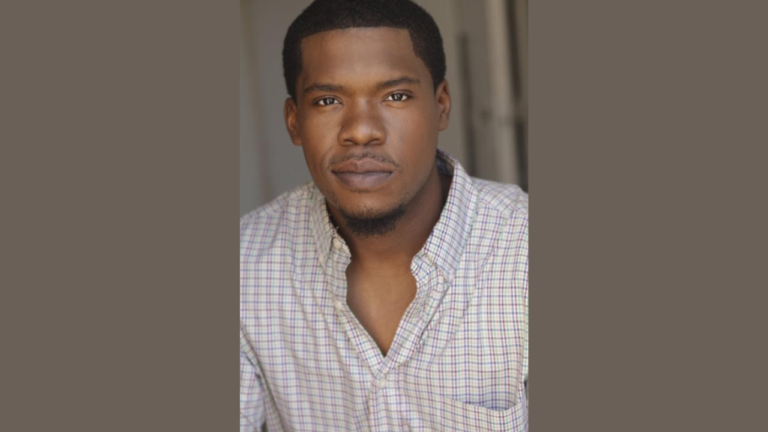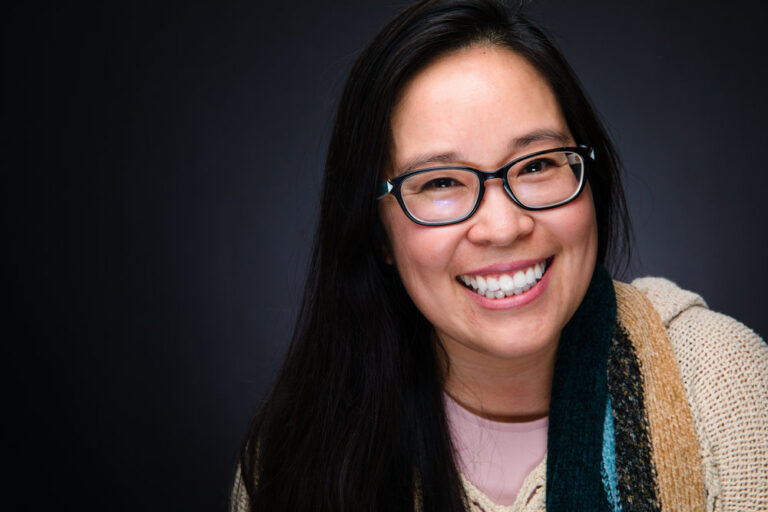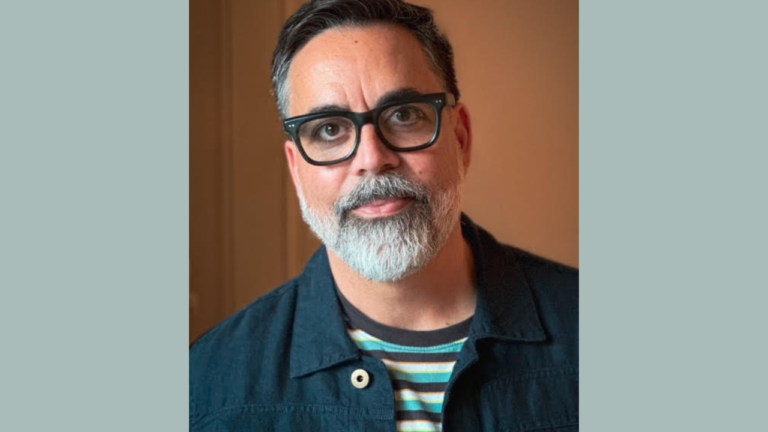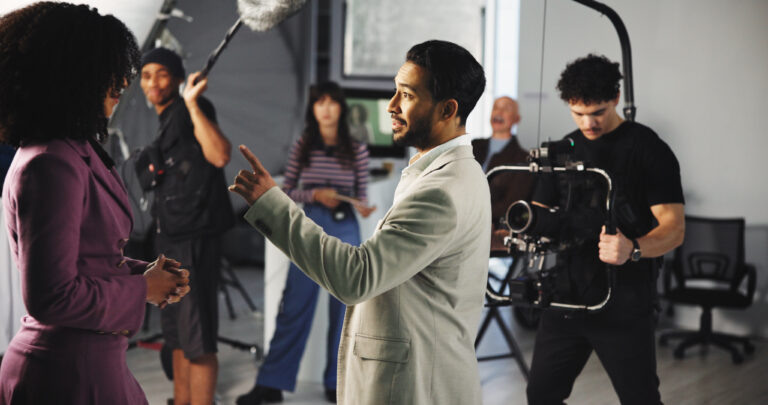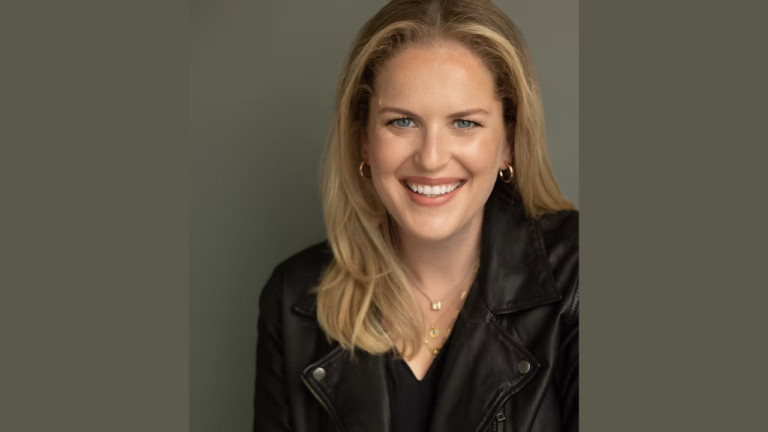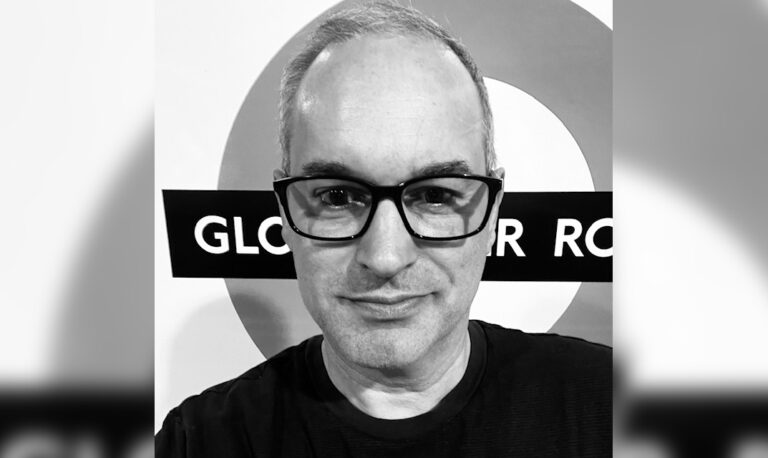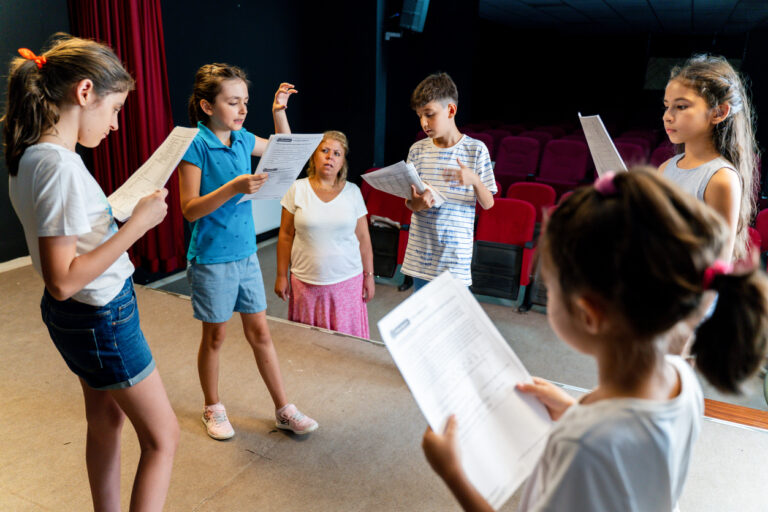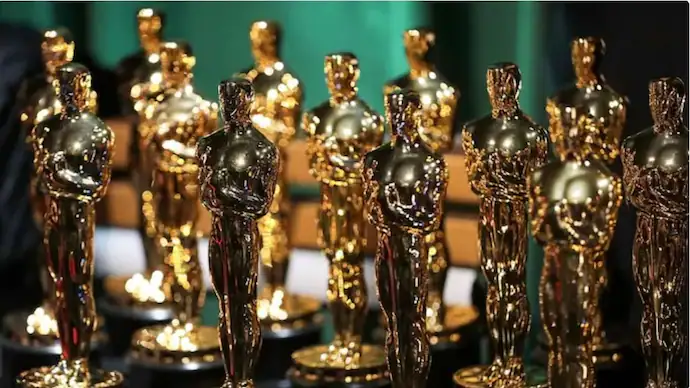In a world where representation in media is constantly evolving, one Canadian talent agency is boldly breaking barriers for disability inclusion. Katie MacMillan, the founder and owner of Kello Inclusive, is not only carving a unique niche in the talent industry, but also reshaping how we see disability reflected in mainstream media.
MacMillan, a former teacher inspired by her daughter’s journey, shares the story of the young agency’s origins, and the groundbreaking work it’s doing to make authentic representation a reality.
Insights From Katie MacMillan
- Actors should proactively submit for a wide range of roles, even if disability is not specified, to help normalize inclusive casting.
- Creating brief “video access guides” to communicate abilities and access needs can reduce stigma and clarify what accommodations are necessary.
- Seek out or build supportive communities and tailored training that address both acting skills and disability-specific challenges to grow your career effectively.
Thinking about joining Casting Networks? Sign up for a free trial today!
What led to the founding of Kello Inclusive?
Kello was founded in June 2022, so it was three years ago. My career has mainly been as a public school teacher, which I did for 15 years.
My second daughter was born with some brain damage and was diagnosed with cerebral palsy at about six months of age. She’s 15 now. When she was around 10, I wanted to get her involved in modeling because I thought that might be a cool niche. It was based on a Facebook post I saw.
Someone had posted a picture of a Target magazine out of Australia, and there was a little girl using a pediatric walker that was the same as my daughter’s. I said, “Whoa, you never see mobility aids in fashion. That’s super cool!”
I signed her with a local agency here that had never had a person with a disability on their roster. We had some experiences through that agency that were okay, but also left me feeling like this industry doesn’t know how to deal with disability, at least through the tiny window into it that I had.
How did this moment inspire you to get started as a talent agent?
I wanted to get [my daughter] Kelty some updated headshots, thinking that maybe that was the key to unlocking her being booked for more things. As fate would have it, we booked headshots with a photographer, Tilly Nelson, who had done work with other clients with disabilities.
She was originally from the United Kingdom and had done some headshot work for an agency over there that was relatively new, but focused on visible differences and disability. She mentioned that during the headshot session, and I was like, “There are agencies that focus on that?” I had no idea.
I went looking in Canada, and there was really nothing that I could find that had that focus, and I was encouraged to just start an agency, which is crazy because again, I had no experience in the industry. The photographer in Vancouver was integral in supporting me. I reached out to her after that headshot session with this crazy long email that was like, “So, if I started an agency, would you want to help me?”
We were in contact a lot over the last three years – she’s been very close to us. She’s done a ton of headshots for our talent and lots of projects. [Her help] was a really big step in getting this all going.
What happened once Kello got off the ground?
Once the agency was established, the demand was … I want to say instantly, like within three months of being an agency. We got an email from a marketing agency in Paris that was looking to cast a disabled woman for a L’Oréal ad. We booked that job right away, which was crazy.
I thought it was spam when I first got that email. I was like, “There’s no way that they found us,” but we booked that, and then there were some other cool things that aligned, like the Docuseries Push being filmed in Edmonton on one of the major prime networks here in Canada. CBC’s Push was following the lives of 10 wheelchair users. I happened to get to know almost all of the cast of that docuseries, and we signed them. There was some nice synergy and momentum with that as well.
It happened organically, and it blew up where people were coming to find us. Really big names, like a casting director at Nickelodeon and Marci Phillips from ABC. Disney was a direct contact. I had no idea and learned who these people were, these major players that were going, “My God, I’m so excited to see an agency like this exist.”
I have learned a lot in the last three years. The learning curve has been incredibly steep. I think sometimes not knowing anything about an industry can serve you well, and it can also set you back, but not knowing a lot made me kind of learn as we go.
I also had a real window into what it means to have disability be part of your life. My current partner also has a spinal cord injury. He was one of the cast members of Push. That’s how I met him.
Disability is just part of my world, and Kello’s taken over my life. I’ve stepped away from teaching, and here we are three years later.
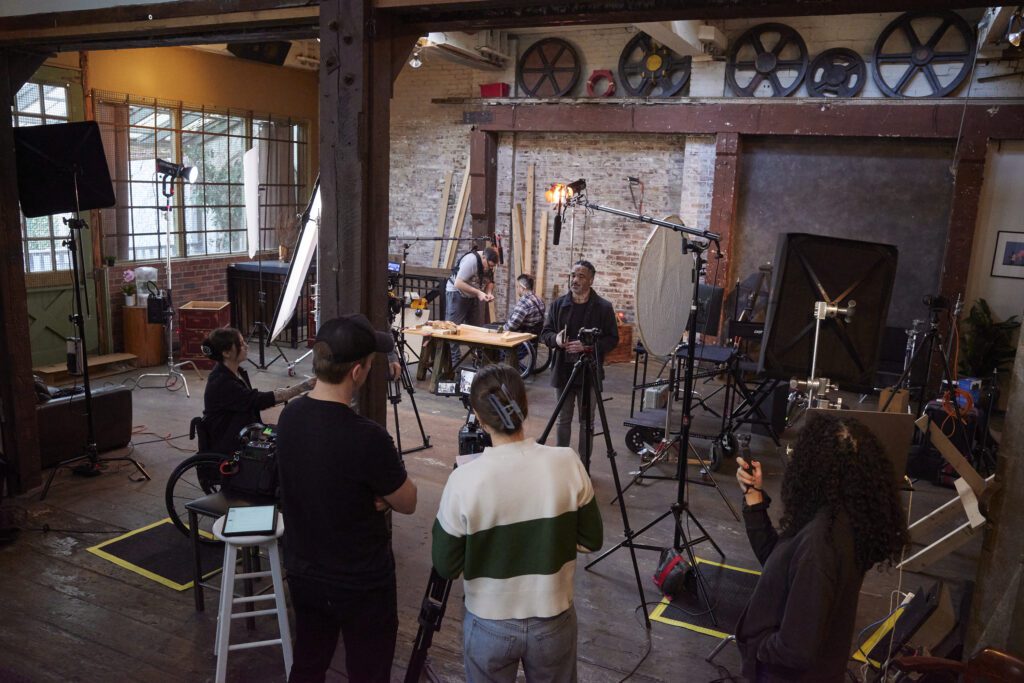
Who are some of your mentors, and what advice did they give you that still resonates today?
First, Tilly Nelson. If you look up her name, her website will tell you everything you need to know about her. She’s the photographer I mentioned and is based in Vancouver.
She has been incredible in really supporting this whole journey, and [I’ve had a] lot of conversations with her early on. We don’t work as closely together now. We are in touch over certain projects, but in the beginning, [we] worked really, really closely.
There’s also a casting director in Toronto, Andrew Deiters. He was one of the first, bigger, very experienced casting directors who connected with Kello and said, “Where have you guys been? We’re so happy to see an agency like this!”
He’s been available for any questions that we’ve had along the way. He’s been great, [giving] and really willing to give insight into how the casting process works.
I’m also working with a program at one of the major universities in the city I’m in. They have a mentorship program for startups, and we’ve got three mentors there who help us with the business strategy.
Since Kello is a unique type of talent agency, what are some of the challenges that you see as it evolves?
The challenge is just this idea of authentic inclusion in general. I always use the comparison of, if you go back to the mid-’80s, all you ever saw were skinny white people in advertising, right? We’ve come a long way as far as inclusion goes with sexual orientation, body size diversity and gender diversity, but disability is, I would say, a good five to 10 years behind that.
I think there’s a long way to go in all of those categories — and we’ve come a long way — but disability seems to be lagging far behind. The biggest challenge is understanding that close to a quarter of the North American population self-identifies as disabled, not necessarily visible disability, but invisible as well. If a quarter of people identify that way, it should be reflected in our media.
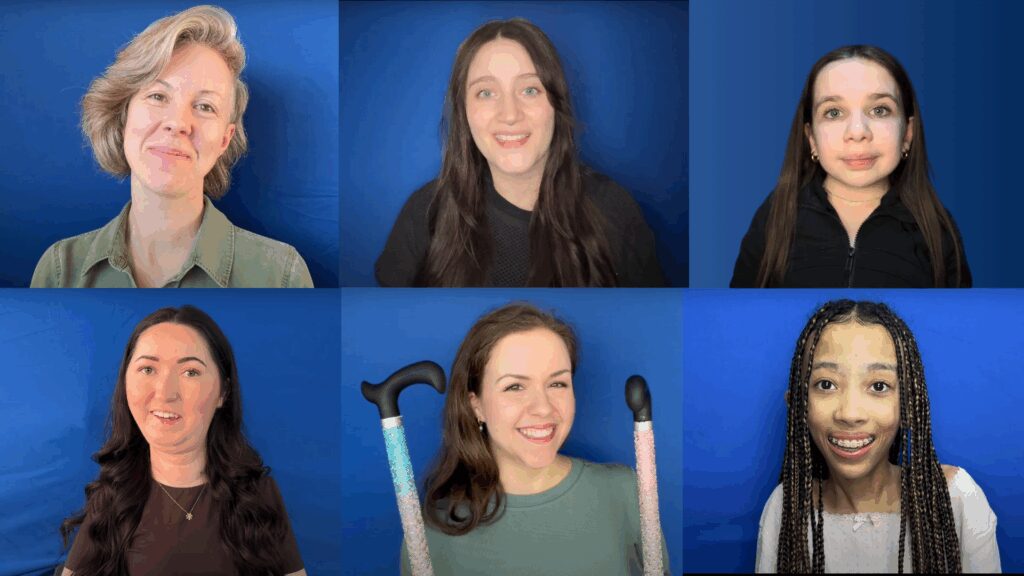
How do you advocate for more of that inclusivity, and how do you educate?
The first step is getting it out there. We always say we put our talent forward for any and all castings. We don’t just wait for a spec that’s requesting a wheelchair user or a spec that’s requesting someone with Down syndrome.
If you’re casting a 25-year-old mom, what’s to say that mom couldn’t be a wheelchair user? I know quite a few moms who also happen to use wheelchairs, or dads, for that matter. If you’re casting a store clerk, why would they not be visually impaired? I know there are store clerks who are visually impaired.
Put that forward and try to let casting know by saying, “You probably didn’t think about this when you wrote your brief, but what about a mom who’s a wheelchair user?” It’s about getting it out there, passing that into the booking phase, and answering questions that come up because they do come up. It’s about trying to reduce this stigma that it’s going to be way more of a hassle or be a bunch of extra work and money for production, because in many ways it’s not.
What other ways are you helping propel that mission forward?
One of the more tactical things we’ve done is work with the Canada Media Fund. It’s an organization in Canada that has a screen sector development grant, which is trying to help better represent minority groups. We applied and just wrapped a big grant with them.
They gave us $50K to do some work in this department to come up with resources that can support casting folks with disabilities. We put that together. They’re on our website. There’s a tab that says “Support Guidelines” that gives some general information about working with talent with various disabilities. However, it’s not a one-size-fits-all thing.
One of the things that came out of that was when we did a bunch of interviews with casting directors across the country, asking what would help them cast more inclusively. What would take the fear and stigma out of it?
We came up with a guideline that would be what we were calling “video access guides.” In the same way that you would upload a slate or a demo reel with your audition, someone with a disability would upload a video access guide.
We have a two-fold approach. One: a 30-second “about me” video. You might say, “Hi, I’m Stephanie. I’m a wheelchair user. I’m ambulatory. I can stand. I can sit. I love dogs and I’m great at blah, blah.” Just 30 seconds, here’s a little bit about me.
If you just see a picture of a person who uses a wheelchair, you don’t know if they can stand up. You might make some assumptions or stereotypical implicit bias, but when you see somebody on camera, you’re like, “That could work for this project.”
The second fold is if you book a job and you’re about to go into a project, you can send along a longer version of a video access guide that talks a little bit more specifically about some of your access needs. Maybe two to three minutes’ worth. The idea is to pull disability off the page – to see it and avoid stigmatic thinking that can arise from just a label or diagnosis.
What we’re hoping to do is standardize this so that when you’re casting, it wouldn’t be crazy to get a demo reel, slate, and an access guide uploaded when you submit an audition. That’s some of the kind of more hands-on work that we’ve been doing to try to get more inclusive practices happening across the industry.
That’s so cool. I saw the “Inclusive Consulting” area of Kello’s site, and wanted to know more about it because you won’t typically see that with an agency.
I told you the story of how I met Tilly. [Her team includes Reedan Thiessen, along with] the women who work with Inclusive Experiences, Shawna and Elizabeth, [who] were the consultants that we brought on for the project I was just talking about. Reedan is great. She’s had a lot of success as one of our talent who has booked some big jobs, and she also works with Tilly. Her stage name is Reedan Elizabeth.
As we were working through the project, we realized we have a whole area of expertise here. There’s Tilly from the photography side, we’ve got my lived experience as a parent and as a partner, and these women. One of them, Elizabeth, identifies as disabled. She’s limb different.
Their whole business is trying to help organizations — not necessarily in the entertainment industry — become more inclusive, authentically inclusive. We thought we should have a page on our site that says, “If you’re doing a project and you have questions, we can help.”
It’s not the primary focus of our business, but if someone contacts Tilly or Inclusive Experiences directly, they take that on. We just wanted to make sure people had a way to find that through our agency.
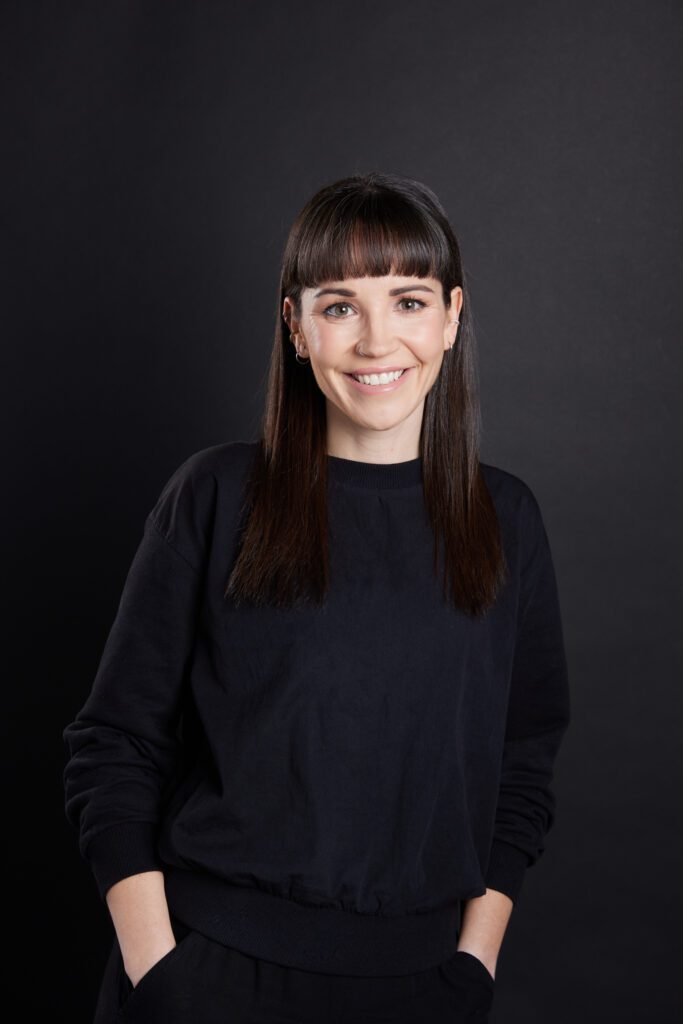
How do you balance the needs of your talents, and also how do you approach career growth for them?
It’s funny, because it’s so unique. The thing about our talent is that a lot of people come to us with great potential. Their résumés are not nearly as long as their non-disabled counterparts who have been doing this because a lot of them say, “I’d love to be an actor, but until recently I thought, ‘Oh, I’m disabled. I can’t be an actor,’” which is horribly stigmatic thinking.
Since we don’t get submissions from people with a lot of experience, we’ve had to support that career growth, and we’ve done a few different things. We have a woman in Vancouver, Annika Chan, who’s an acting student. She’s not disabled, but she is our new talent support, and she’s done a lot of work with our roster.
We’ve also done some workshops on the self tape, and we’re trying to come up with resources that are tailored for folks with disabilities. Something like how you frame yourself in a self tape is going to change depending on your access needs, the mobility aids you use, etc. We’re trying to tailor that a little bit while also bringing people up to speed on the general principles of acting.
I’m not an actor, but we’ve tried to connect people with folks that, A: have the expertise, and B: are sensitive to the disabled experience itself. That has been cool because there’s been a bit of a community that’s been built.
One of our more experienced talent, Reedan, has said, “If anybody has questions, I’ve had some experience now. I’ll talk to them. I can support them. Here’s my demo reel, here’s my self tape, here’s my access guide, use these as examples.” The community is trying to bridge that experience gap.
What are your current goals — both for yourself and for the clients you represent?
The ambitious side of me would love to say we want to grow and become this giant agency and take over the world, but truly, I think my main goal is to balance work and life. I have a child who’s disabled, and the more time I spend on work, the less time I spend with her. Balancing all of that, but also building a world where she sees herself reflected.
That was the whole goal initially, so the more people we get out there in the world where you see somebody that you identify with, I think, is important work. Every project — Canadian or U.S. — that we book is a step forward in the right direction.
Our [current] goal is just to keep doing more of that work, and as I said, making it more like where we are now with some of the other visible minorities in our world. I think we’re lagging five to 10 years behind in the disability space in that way.
Final Takeaways
In a media landscape still catching up on authentic disability representation, Katie MacMillan’s Kello Inclusive is making waves as Canada’s first talent agency dedicated to actors with disabilities. Inspired by her daughter’s journey and fueled by a steep learning curve, MacMillan is breaking down barriers and changing industry perceptions. Here’s a quick look at how Kello Inclusive is reshaping inclusion in entertainment.
- Kello Inclusive was founded in 2022 to fill a gap in Canadian talent agencies representing actors with disabilities.
- Early success came quickly, with international bookings and partnerships on major projects like CBC’s docuseries Push.
- The agency promotes casting disabled talent for a wide variety of roles, not just those explicitly written for disability.
- They developed innovative tools like video access guides to help reduce stigma and clarify actors’ abilities and needs.
- Kello also offers tailored training and community support to nurture career growth for actors who often lack experience.
You may also like:


